Under the term electromobility are issues related to the production and use of electric vehicles, as well as charging infrastructure and legal or social issues.
The development and popularization of this concept are a great step toward a better future.
Electric-powered vehicles, including not only cars, but also buses, scooters or even motorcycles, are environmentally friendly because they have low emissions.
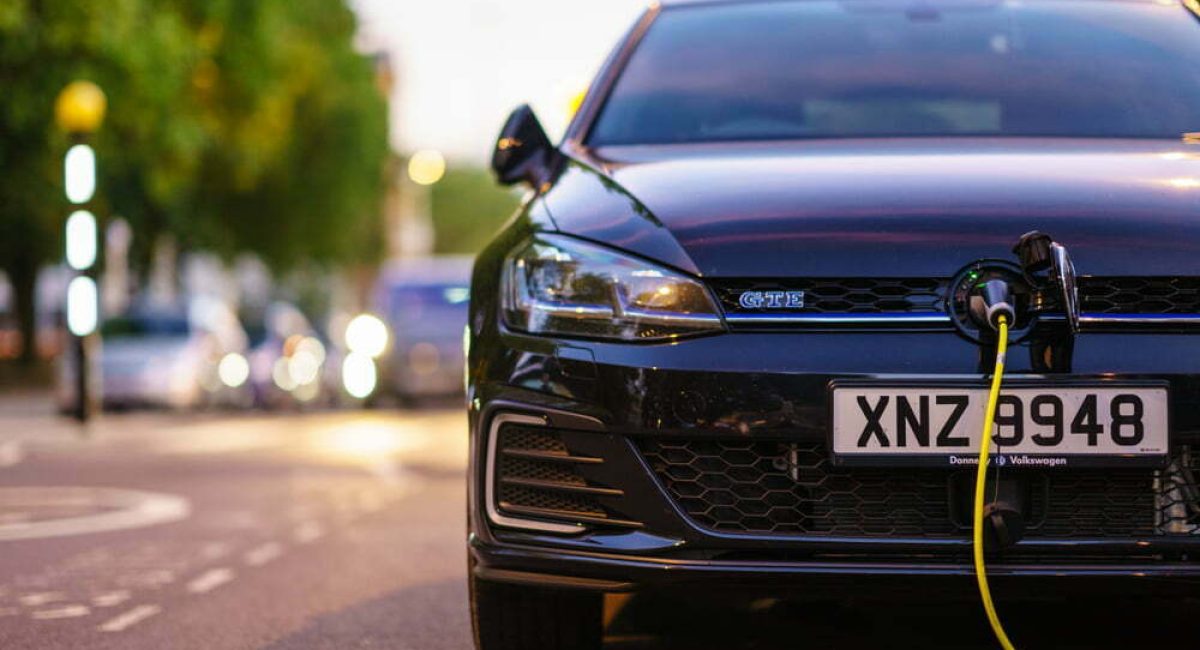
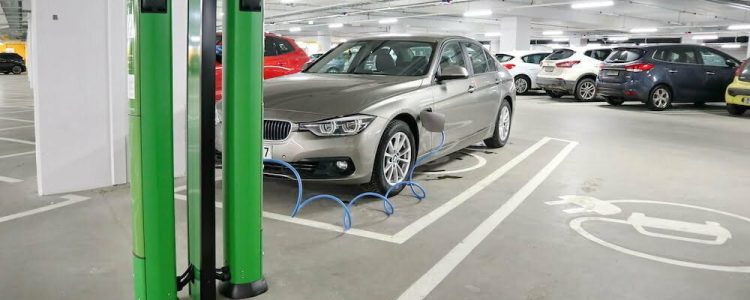
Quiet engine operation is appreciated by residents of large cities. The unquestionable pluses of electromobility are real financial savings and a positive impact on the country’s energy security. A big plus is also the convenience that comes from, among other things. from the possibility of driving electric cars on busways. Not surprisingly, with so many benefits, the number of proponents of e-mobility is growing every year. In Europe alone at the end of March 2020 already recorded approx. 700000 registered electric passenger cars.
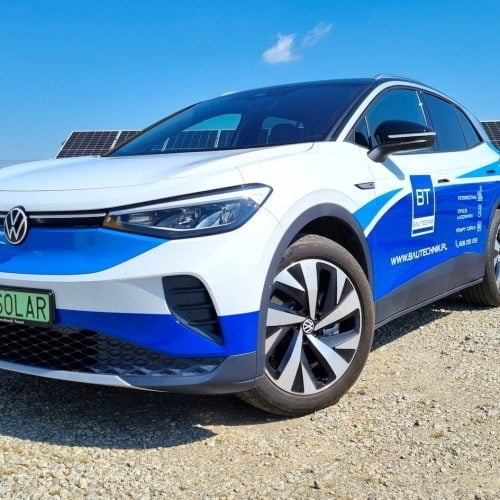
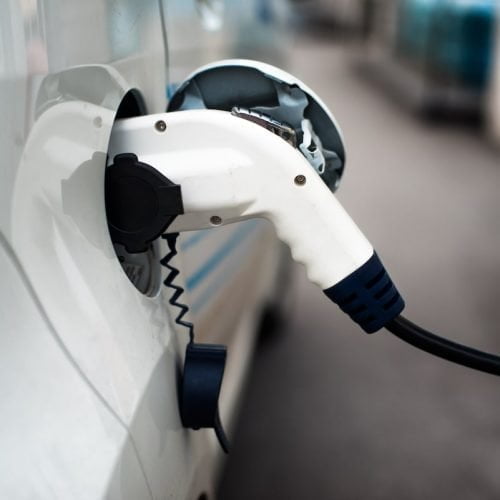
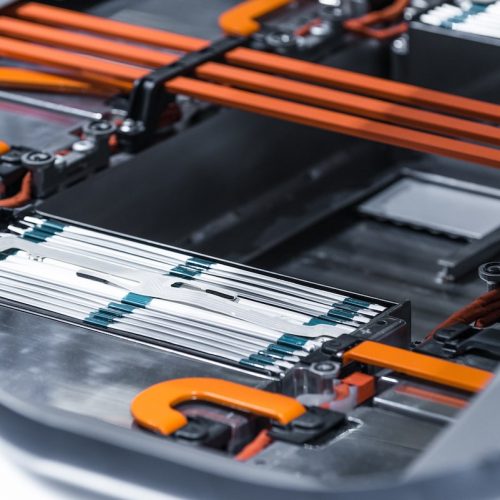
Electric car charging stations can be created in your own backyard by installing photovoltaic panels, for example, on the roof.
They convert solar energy into electricity, which is enough to power not only the car, but also household appliances such as washing machines and refrigerators.
This solution is both economical and convenient.
The car can be connected to the photovoltaic batteries, for example, at night, and the energy accumulated at that time is calmly enough to drive to work, shopping or on a further trip during the day.
In 1 h the car is able to charge for approx.
100 km of driving.
However, even on a longer route or during a holiday trip, you should also not worry about refueling.
Electric vehicle charging infrastructure is constantly developing, so there are more and more stations and they are located in easily accessible places, such as restaurants or entertainment centers.
Electric car charging stations can be created in your own backyard by installing photovoltaic panels, for example, on the roof. They convert solar energy into electricity, which is enough to power not only the car, but also household appliances such as washing machines and refrigerators. This solution is both economical and convenient.
The car can be connected to the photovoltaic batteries, for example, at night, and the energy accumulated at that time is calmly enough to drive to work, shopping or on a further trip during the day.
In 1 h the car is able to charge for approx. 100 km of driving.
However, even on a longer route or during a holiday trip, you should also not worry about refueling.
Electric vehicle charging infrastructure is constantly developing, so there are more and more stations and they are located in easily accessible places, such as restaurants or entertainment centers.
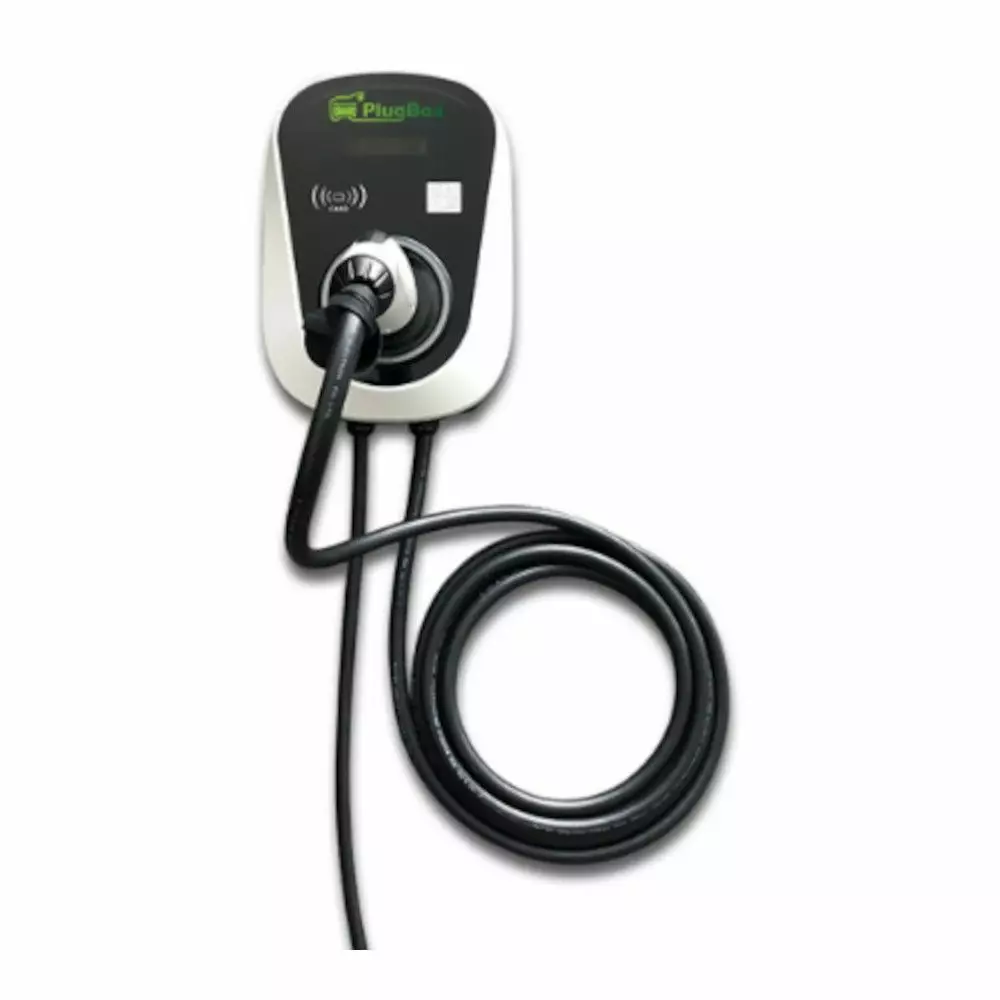
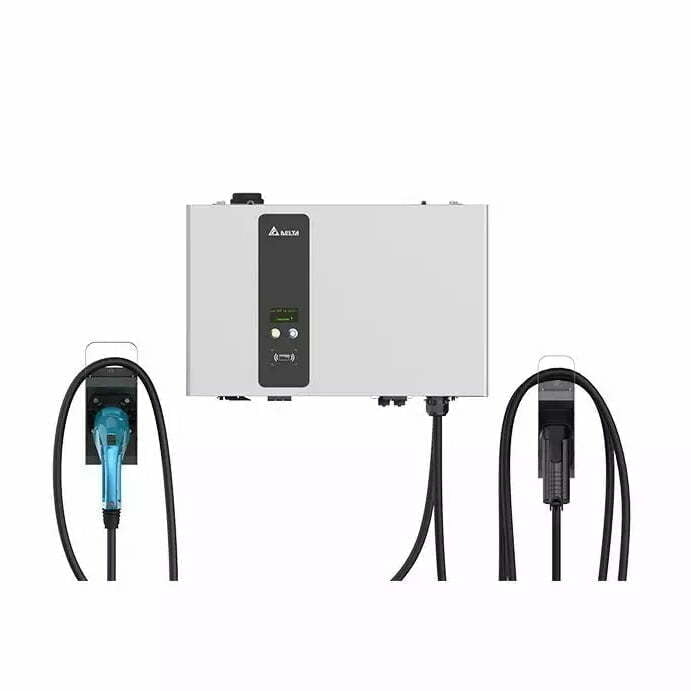
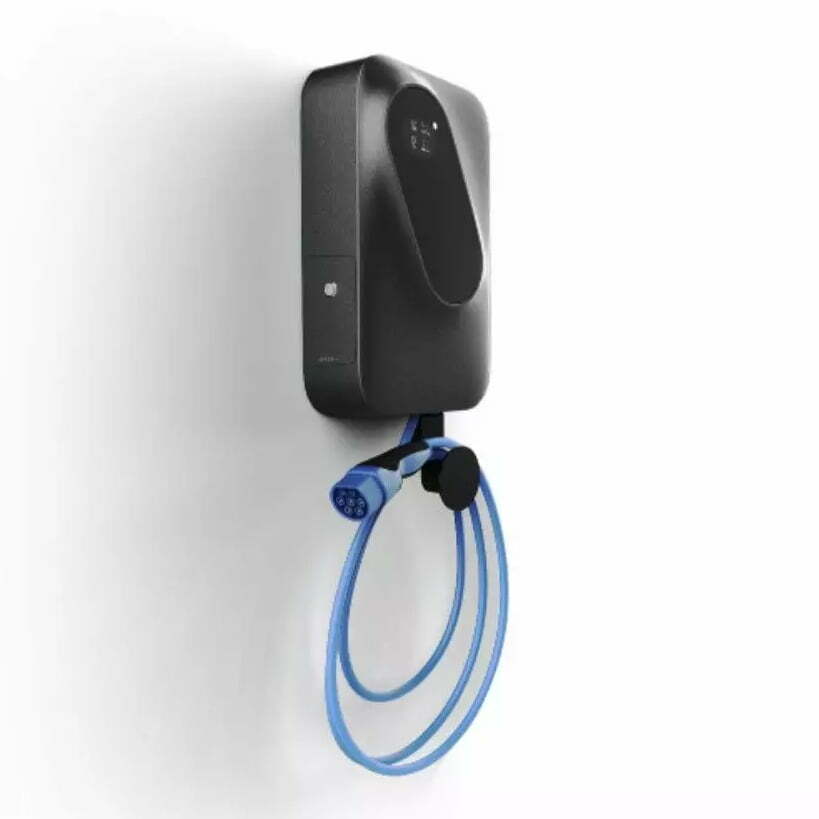


The average home photovoltaic installation is capable of producing approx.
11,500 kWh/year, with an electric car consuming 15-20 kWh/100 km.
Thus, it can be calculated that this allows to drive more than 50,000 km.
However, taking into account the fact that a statistical Pole drives much less on average, 20,000 km per year, this energy is also enough to power appliances throughout the household.
11 500 kWh – energy collected from the Sun.
3 600 kWh - energy needed to drive 20000 km with an EV (e.g. Volkswagen ID.3) savings of around €1200 compared to fuel powered cars.
7 500 kWh – average energy consumed by a household – savings of €900 compared to buying energy from a provider,
€2300 – complete amount saved during a year time.
Electric vehicles (EV) are powered by renewable energy sources produced from solar energy, which unlike raw materials such as lignite, will never run out. EV have lower CO2 emissions than combustion cars and help to stop smog and climate change. Another great advantage of electric cars is energy recovery system, thanks to which the brake pads do not wear out as much as in regular vehicles, which also reduces the level of pollution, as much as 30% of which comes from road transport (data provided by major EU cities). Electric mobility is therefore an environmental friendly concept.
Order EV charging station